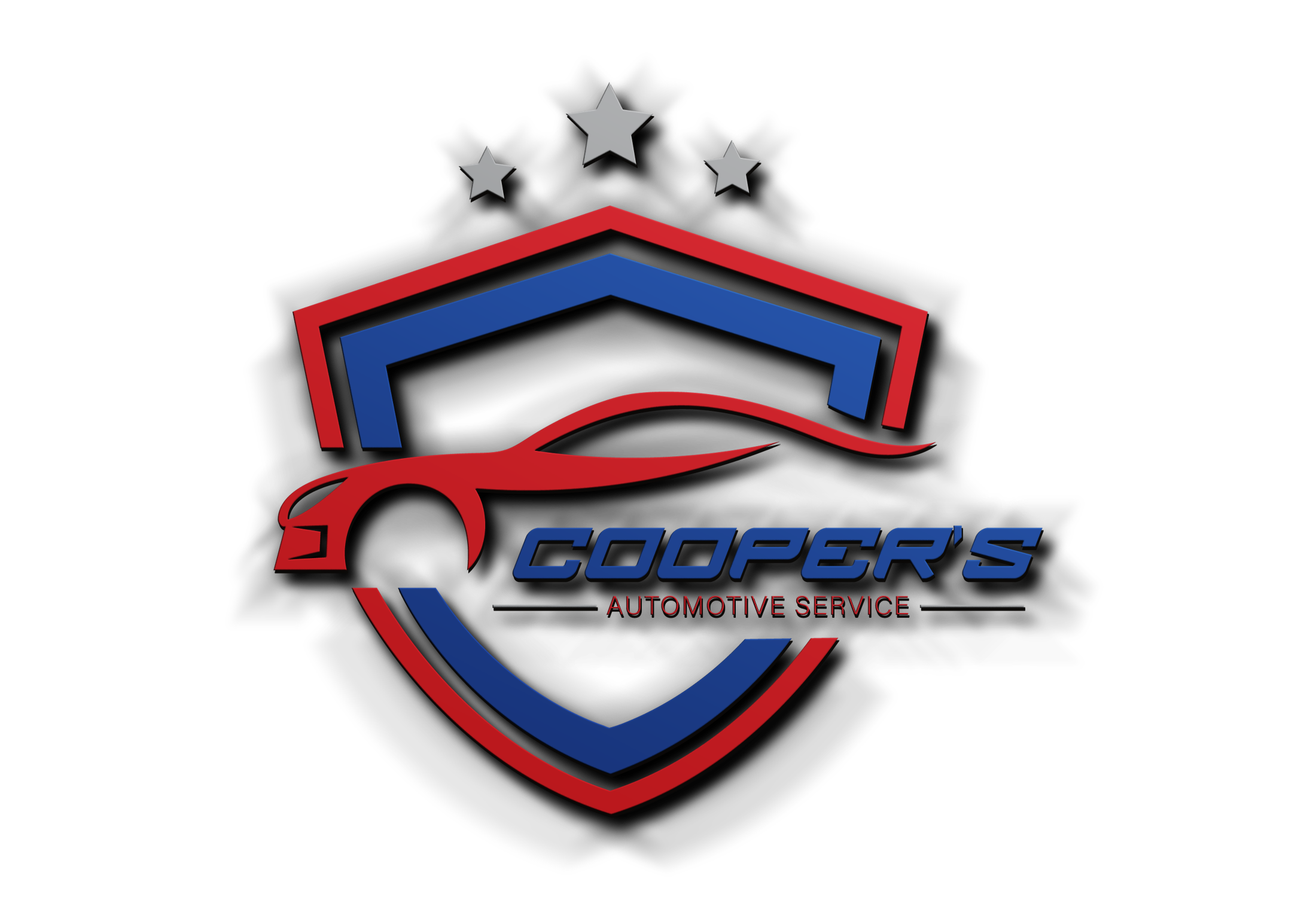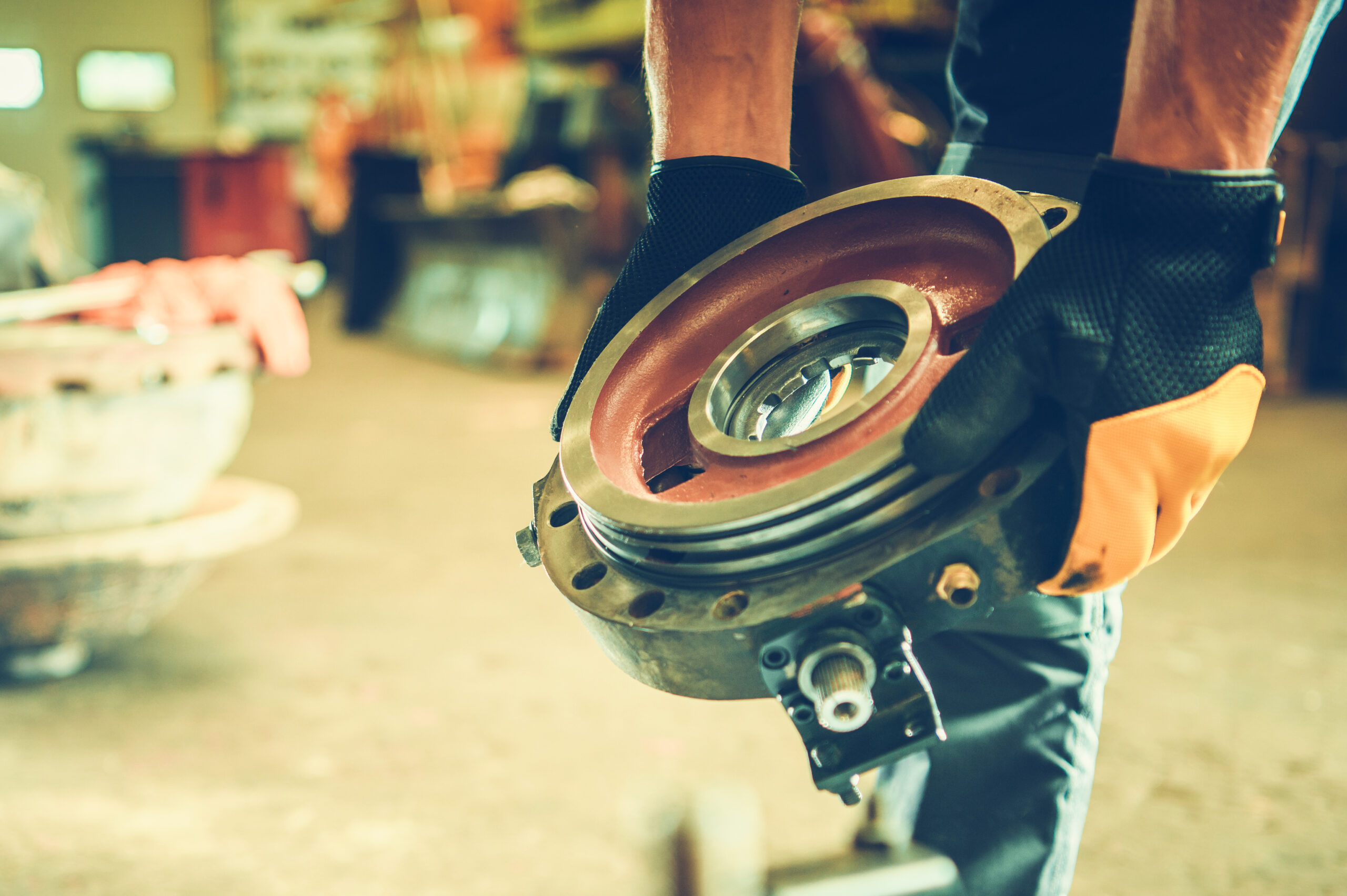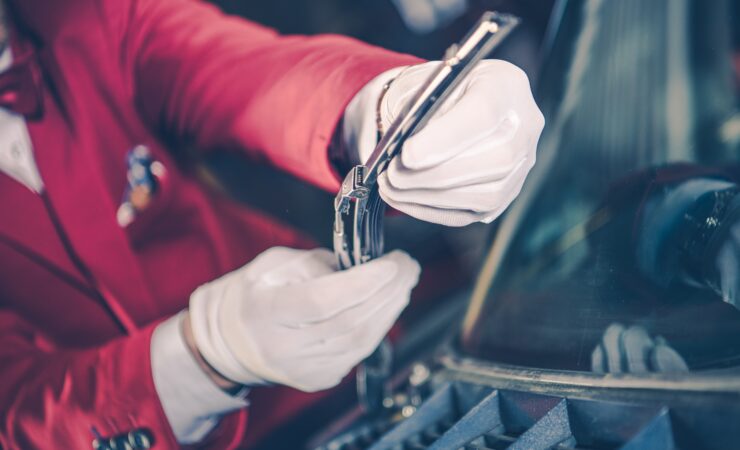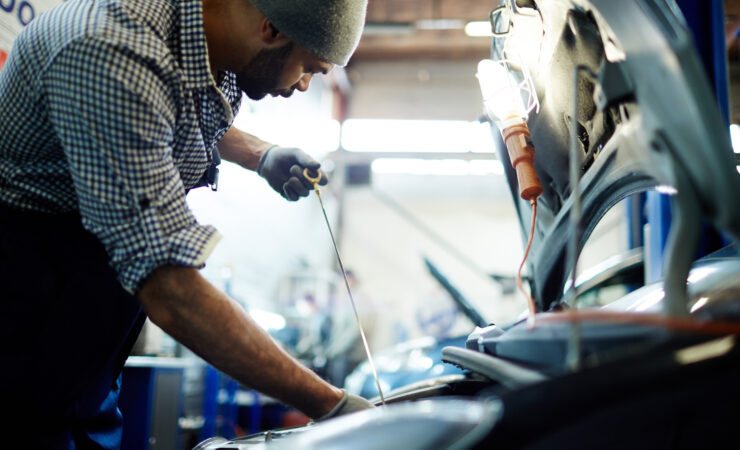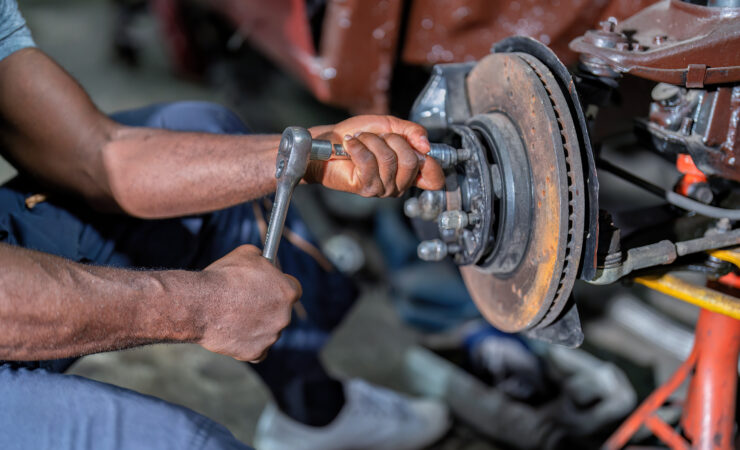Your car’s cooling system is like its own personal air conditioning unit, working tirelessly to prevent the engine from overheating. Overheating can cause severe damage to your engine, leading to costly repairs or even a complete engine replacement. In this blog post, Cooper’s Automotive Service will delve into the inner workings of your car’s cooling system, explain why it’s so crucial, and provide tips on how to keep it running smoothly in the Nashville heat.
Content:
The Components of Your Car’s Cooling System:
- Radiator: The radiator is responsible for dissipating heat from the coolant. It’s essentially a heat exchanger that allows air to pass over the hot coolant, transferring heat away from the engine.
- Thermostat: The thermostat acts like a valve, regulating the flow of coolant between the engine and the radiator. It opens when the engine is hot, allowing coolant to flow to the radiator to be cooled, and closes when the engine is cold, preventing coolant from flowing and allowing the engine to warm up faster.
- Water Pump: The water pump circulates coolant throughout the engine and the cooling system. It’s driven by the engine’s belt and ensures a continuous flow of coolant to keep the engine at its optimal operating temperature.
- Hoses and Clamps: Hoses connect the various components of the cooling system, while clamps secure the hoses in place and prevent leaks.
- Coolant/Antifreeze: This fluid mixture is the lifeblood of the cooling system. It absorbs heat from the engine and carries it to the radiator to be cooled. Antifreeze also prevents the coolant from freezing in cold weather.
The Consequences of an Overheated Engine:
- Explain the dangers of engine overheating, such as warped cylinder heads, damaged gaskets, and even complete engine failure.
- Emphasize the importance of addressing cooling system issues promptly to avoid costly repairs.
Signs of Cooling System Problems:
- Temperature Gauge Reading High: If the temperature gauge on your dashboard rises above the normal range, it’s a sign that your engine is overheating.
- Steam or Smoke from Under the Hood: Steam or smoke coming from your engine compartment could indicate a coolant leak or a serious overheating issue.
- Sweet Smell: A sweet smell coming from your car could be a sign of a coolant leak.
- Low Coolant Level: Check your coolant reservoir regularly and top it off if needed. If you frequently need to add coolant, it could indicate a leak in the system.
- Leaking Coolant: Look for puddles of coolant under your car, which could be a sign of a leak in the radiator, hoses, or water pump.
Maintaining Your Cooling System:
- Regular Inspections: Have your cooling system inspected regularly by a qualified mechanic to check for leaks, worn-out hoses, and other potential problems.
- Flush and Replace Coolant: Follow your car manufacturer’s recommended schedule for flushing and replacing your coolant. This helps prevent corrosion and ensures optimal cooling system performance.
- Check the Radiator Cap: Make sure the radiator cap is tight and in good condition. A faulty cap can cause coolant leaks and lead to overheating.
Cooper’s Cooling System Services:
- Cooling System Inspection: Our experienced technicians can thoroughly inspect your cooling system for leaks, worn-out parts, and other issues.
- Coolant Flush and Fill: We’ll drain your old coolant, flush the system, and replace it with fresh coolant to keep your engine running cool.
- Radiator Repair and Replacement: If your radiator is leaking or damaged, we can repair or replace it to ensure proper cooling.
- Thermostat Replacement: A faulty thermostat can cause overheating. We can replace your thermostat to restore proper engine temperature regulation.
- Water Pump Replacement: If your water pump is leaking or failing, we can replace it to ensure proper coolant circulation.
